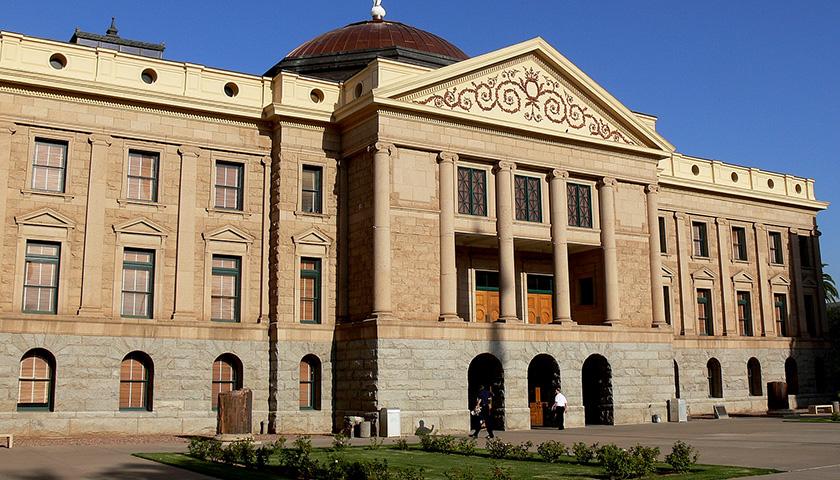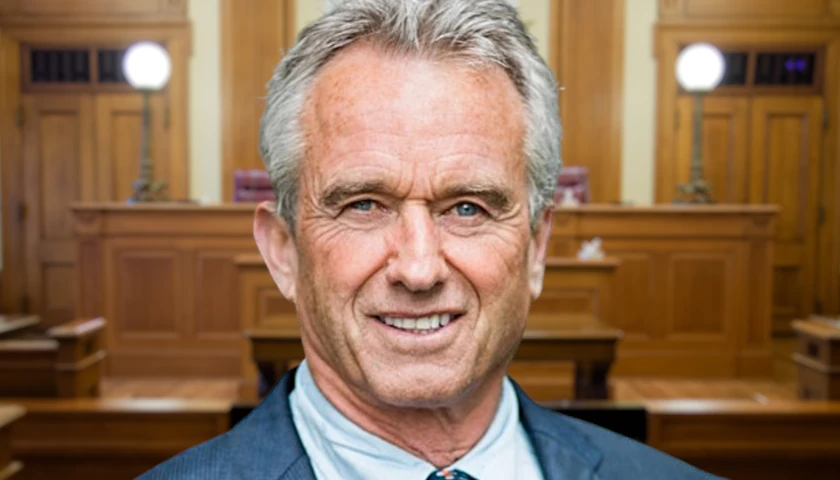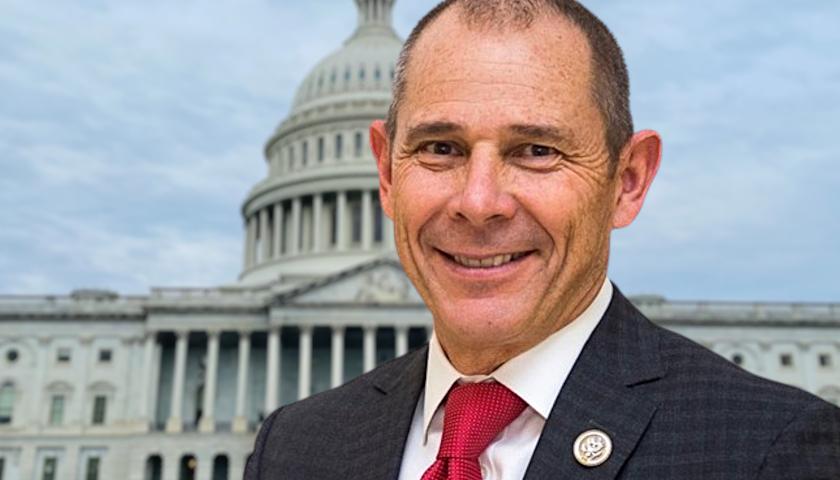The grassroots advocacy organization Americans for Prosperity (AFP) filed a lawsuit in the Arizona District Court Friday in opposition to Arizona’s newly enacted “dark money” law, alleging that it presents possible first amendment violations.
“The First Amendment safeguards the right of individuals to donate to private advocacy organizations without undue risk that they will be subjected to their identities being disclosed or other chilling by the government,” according to the complaint.
The laws in question stemmed from Proposition 211, which over 70 percent of Arizona voters passed in the November 2022 election. The proposition was known as the “Voters’ Right to Know Act,” and was advertised as an anti-“dark money” measure that would help Arizonans know who exactly is funding certain political candidates or movements.
In the world of politics, “dark money” refers to dollar contributions where the source of the funding is not required to be disclosed. The most common forms these groups take are as 501(c)(4) nonprofit corporations and 527 independent expenditure–only committee (called SuperPACs).
A report from the Morrison Institute of Public Policy shows that dark money has been flowing in and out of Arizona since the 2010s. Over the years, state lawmakers have attempted to create laws to force entities trying to influence state elections into disclosing where their money comes from, but there was never any success.
However, the new laws voters passed stipulate that when a direct donor contributes more than $5,000 to a candidate or campaign during an election cycle, upon request from the recipient, the donor must identify every individual who “directly or indirectly” provided more than $2,500 of the money being transferred. If this amount was also a donation from another entity, it must be traced back until it reaches the original source. The recipient must keep these records for at least five years and provide them to the Arizona Clean Elections Commission.
Additionally, organizations that spend $50,000 on campaign media or $25,000 “in any other type of campaign” must report anyone who contributed more than $5,000 to the campaign and where that money came from.
Yet, the plaintiffs argued that this could create issues for everyone in Arizona, not just dark money providers. They say that the disclosure requirements in the laws open all Arizonans to “governmental doxxing,” which violates the first amendment. In an opinion piece given to AZ Capital Times explaining the lawsuit, Stephen Shadegg, Arizona director at AFP, wrote that the prop also creates the problem of people becoming associated with a political candidate or movement they have nothing to do with.
“What’s more, Proposition 211 doesn’t just require disclosures of those who give to a cause, but of people who give to an organization that gives to an organization that supports a cause. It will create complicated and misleading “disclosures” of people who simply supported a charity, only to find themselves listed as a supporter of something they had nothing to do with,” wrote Shadegg.
Ultimately, the group argued that the proposition should not be enforceable because of the alleged first amendment violation, and the court should prevent the defendants, including Secretary of State Adrian Fontes (D), from carrying it out.
The Arizona Free Enterprise Club also filed a lawsuit against this proposition in December 2022.
– – –
Neil Jones is a reporter for The Arizona Sun Times and The Star News Network. Follow Neil on Twitter. Email tips to [email protected].
Photo “Arizona Capitol” by Wars. CC BY-SA 3.0.





